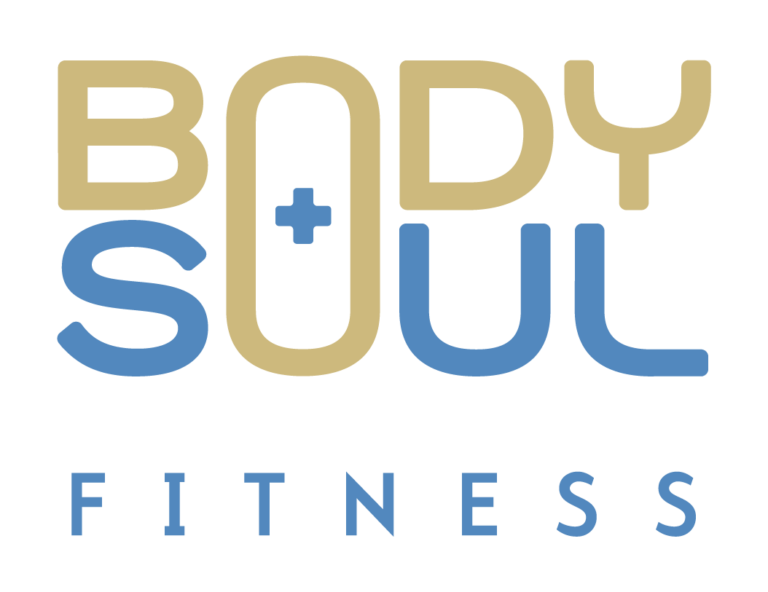Introduction
In this series I am going to discuss different strategies you can implement to help work around an irregular sleep schedule due to shift work.
I will be referring to many of the strategies mentioned in our sleep series, so I recommend watching that workshop first, to make this video much easier to understand. Let’s get started.
Tip 1: Light Management
The first area we are going to explore is light management. In the sleep series I talk about how you can use light to help you wake up in the morning and also how to avoid it in the evening, so you can wind down and sleep better.
With shift work, you can use light to your advantage when trying to stay awake or go to sleep, based off your shift. If you need to stay awake, use lots of overhead lights and keep them bright. If you need to sleep for the day, avoid these lights and spend more time in the dark. Use lights based on your schedule.
Tip 2: Diet
You can do the same thing with your diet. Eating carbohydrates in the evening can help you fall asleep and stay asleep at night. You can either consume carbs or avoid them, based on if you need to stay awake or go to sleep.
For example, if you need to sleep during the day and stay up at night to work, have some carbs before your midday nap but avoid them in your meal before work. Then add them back in to your post shift meal so you can fall asleep easier.
Remember if you are cutting out carbs from a meal, it’s a good idea to add in some healthy fats to make up for them. Nuts, seeds, avocados, olive or coconut oil are some good, healthy options you can include. If you are looking for some specific guidance with your eating habits, please reach out to our team and we would be happy to help.
Tip 3: Exercise
Exercise can also help with sleep. If you remember from the sleep series, I said that daily exercise can be stimulating but also help increase total sleep time. You can use these features strategically. If you need to stay awake, to shift your sleep schedule after switching from nights to days, you can use exercise as stimulation to stay awake longer.
You can use some of the recommendations from the exercise video, in regards to the intensity and volume, based on how you are feeling. Just as your exercise should energize and help to wake you up, it should also help you fall and stay asleep once you wind down later in the day. Just remember, not all exercise needs to be intense and difficult. Match your exercise to how you are feeling.
Tip 3: Key Supplements
Lastly, there are a few key supplements that can help with sleep, especially when dealing with shift work. The most common ones are magnesium, and melatonin. Magnesium is a mineral that can help you relax and help you fall asleep. Melatonin, is a hormone that can help your body start different sleep processes and ultimately help you fall asleep faster.
There are also supplements that make it easier to get up in the morning and maintain your energy all day. Using any supplement is highly individualized and can be very helpful if applied correctly. If you are looking for some guidance in this area, please reach out to us and we would be happy to make further recommendations.
This wraps up our mini series on helping health care workers live a happier, healthier, and more active life, while taking in to account the needs and demands of your job. I hope I have been able to help you feel and perform better.
Health care professionals work busy, demanding, long and not to mention, tiring shifts. In this special exercise video, Chris offers tips on how to continue to lead an active lifestyle while navigating shift work, and demanding schedules.
In this sleep video designed for healthcare workers, Chris navigates the challenges shift workers face when it comes to sleep quality, maintaining a proper sleep schedule, and how to overcome both of these.

